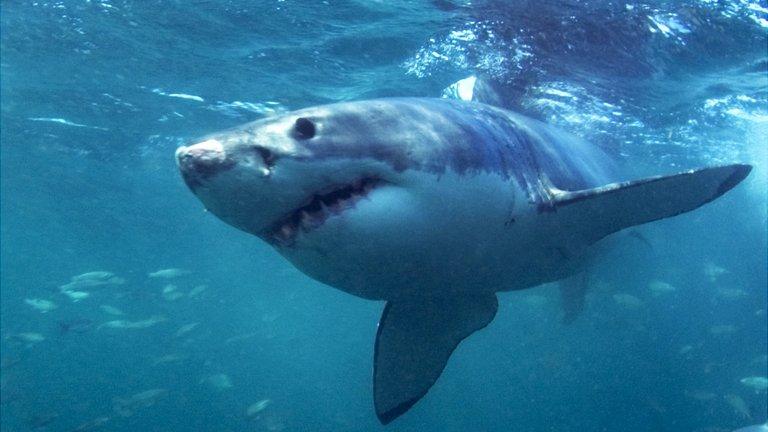More than 170 sharks caught under Australia cull policy
- Published
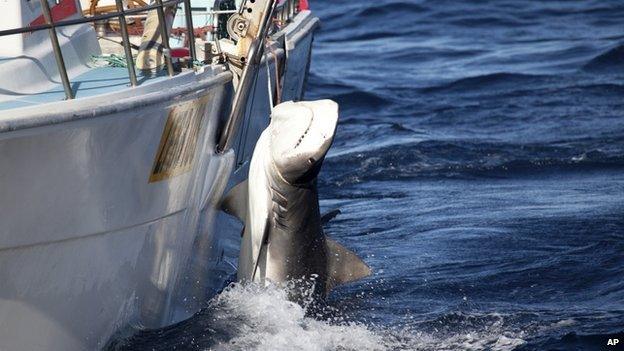
No great white sharks were among the 172 sharks caught
More than 170 sharks have been caught on lines under a controversial cull policy in Western Australia.
Drum lines were set up along seven Western Australian beaches as part of a trial between January and April. Fifty of the biggest sharks were destroyed.
Authorities said the cull was necessary after six people were killed in shark attacks.
No great white sharks, to whom most of the attacks were attributed, were caught.
Australia's state government said the cull was successfully restoring confidence, external among beachgoers.
It is seeking to continue the programme for three more years.
"I think the strategy's gone very well, bearing in mind that it's a very broad strategy, and that's basically to protect those people that swim in those popular areas," Western Australia Fisheries Minister Ken Baston said.
"While of course we will never know if any of the sharks caught would have harmed a person, this government will always place greatest value on human life."
Protesters argue that a shark cull is not the answer and would only damage the sea's delicate ecosystem.
"The policy is very unpopular, it has hardly caught any of the sharks it was destined to catch," said Labor fisheries spokesman Dave Kelly.
"What people want is scientific research to show why the government thinks this policy makes our beaches safer."
- Published10 April 2014
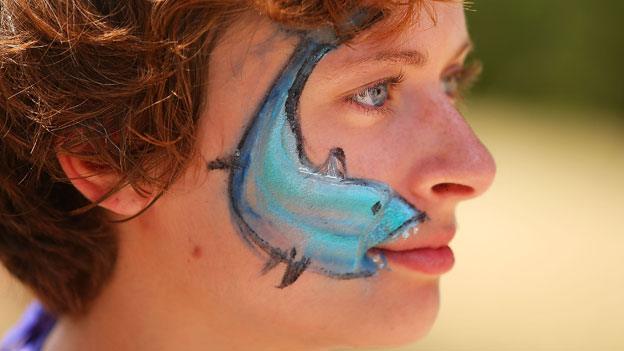
- Published4 January 2014
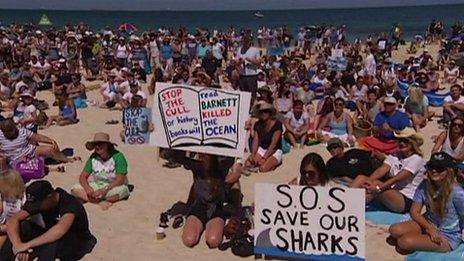
- Published27 September 2012
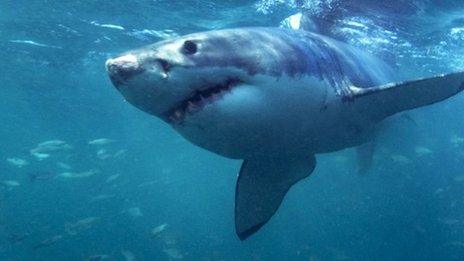
- Published17 July 2012
